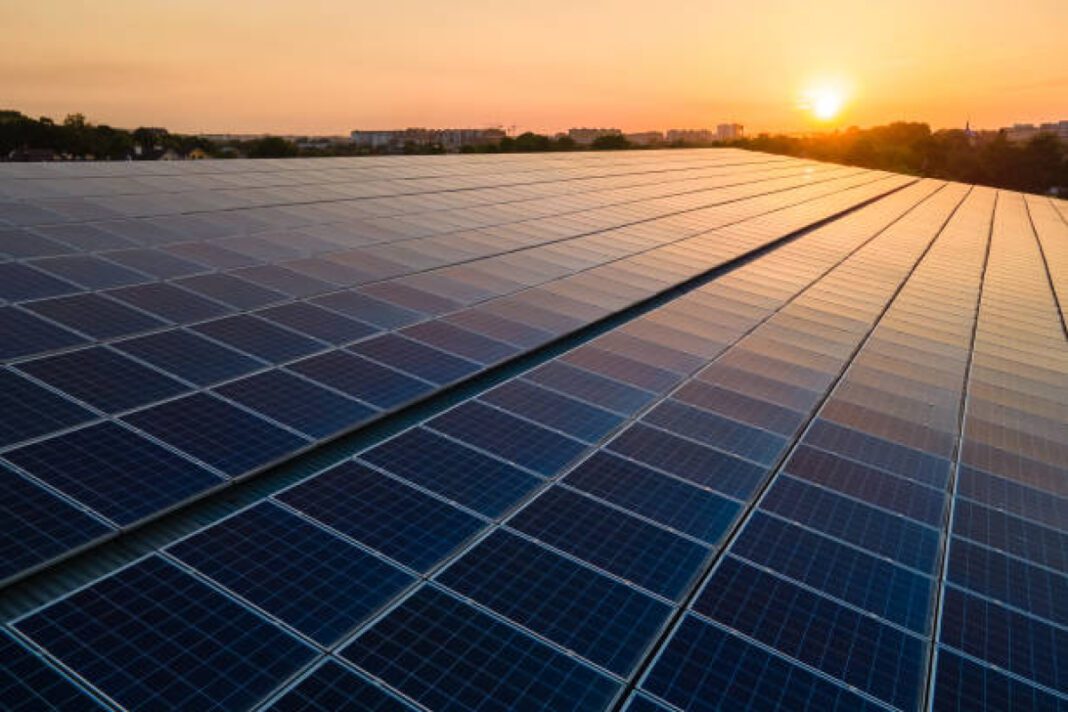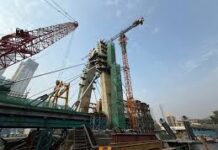Telangana has unveiled its ambitious 2025 renewable energy policy, setting a goal to add 20,000 MW of renewable energy capacity by 2030. The policy, effective until 2035, outlines a roadmap to achieve 30.54 GW by FY 2030 and 47.06 GW by FY 2035, spanning solar, wind, energy storage, and other distributed energy sources. In addition, the state plans to install 6,000 electric vehicle (EV) charging stations by 2030 and expand this number to 12,000 by 2035.
The policy also targets a production of 418 KTPA of green hydrogen by 2030, with an increase to 554 KTPA by 2035. To support these developments, Telangana will set up an incubation centre with a Rs 500 million fund to foster innovation in the renewable energy sector.
The Telangana Power Generation Corporation (TGGENCO) and Telangana Renewable Energy Development Corporation (TGREDCO) have been appointed as the nodal agencies to oversee the implementation, managing project registration, land allotment, power evacuation, and regulatory coordination.
For solar projects, incentives such as land duty exemptions, SGST reimbursements, and a 25% capital subsidy up to Rs 300 million per facility are being introduced. The policy also includes provisions for developing floating solar projects on identified reservoirs and decentralised solar projects with tariffs regulated by the state. Wind power projects will undergo repowering, with compensation provided for developers based on historical generation averages.
The state is also prioritising pumped storage projects (PSP) and battery energy storage systems (BESS), offering financial incentives and regulatory support. Hybrid renewable projects, designed to optimise infrastructure, will benefit from waived transmission charges for repurposed projects. Electric vehicle charging stations are to be developed in public-private partnerships, with buildings exceeding 5,000 sqm required to install EV chargers.
A key highlight of the policy is the introduction of a 30% capital subsidy, capped at Rs 10 million per MW, for green hydrogen projects, including hydrogen refuelling stations, and the establishment of large electrolyzer manufacturing plants. Through these measures, Telangana is positioning itself as a leader in renewable energy, aiming to accelerate clean energy adoption and foster economic growth.





